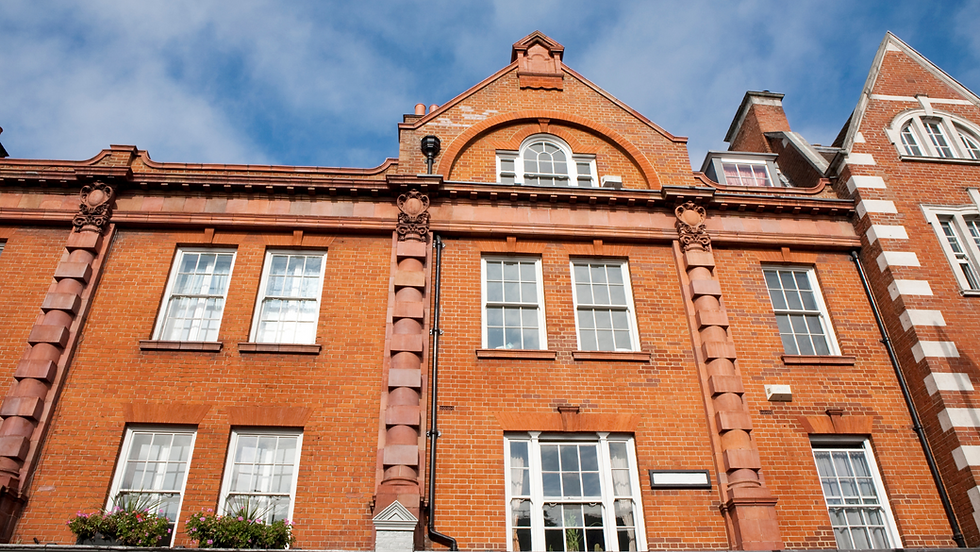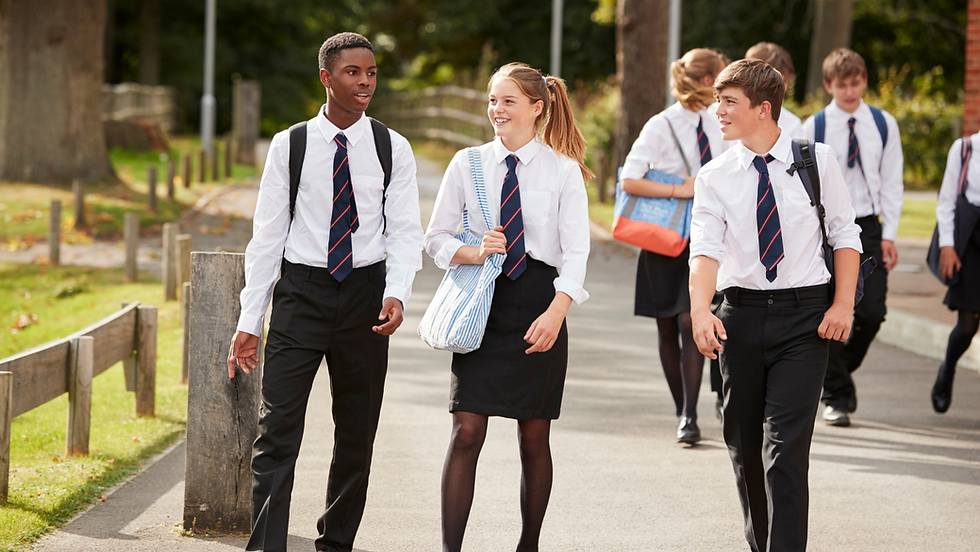The debated disparity between state and private schooling is a tale as old as time. In particular, the societal connotations of both forms of schooling have often been a subject of contention. But what are the true differences between the education that students receive at the two types of institution?

Today’s blog will explore the pros and cons of both – and offer a guide to which may be the better fit for your child.
What are State and Private Schools?
First things first, what are state and private schools? Put simply, state schools are funded by the government or local authority, whereas private schools charge parents school fees – and sometimes even application fees. Naturally, a private school education is synonymous with a certain amount of wealth, which has directly resulted in its ‘posh’ or ‘well-to-do’ stereotype!
Alternatively, all children aged 5 – 16 are rightfully entitled to a free education at a state school. Whilst many confuse grammar schools with private schools, grammar schools do, in fact, fall under this umbrella; prospective students have to pass the 11+ to earn their place, yet their education is still free. However, state grammar schools are only present in certain catchment areas in the UK, so for many parents, the only two options are a comprehensive state school, or forking out for private education.
The Pros and Cons of Private Education
Now, both types of institution have their pros and cons. Firstly, in the red corner, we have private education! There has always been an argument that private schools offer a higher quality of education – which many parents would naturally expect, due to the high fees. From the academic calibre of classes to school facilities, private schools are generally perceived as being the ‘superior’ option.
However, this is not consistently the case; some would argue that the sense of community cultivated in state schools is unmatched. Many claim that the private school experience is akin to existing in an echo chamber; students will naturally experience less diverse perspectives, due to only mixing with children from a similar financial background.
Next up, we have a con which is particularly topical in today’s climate. It is no secret that we are living through a cost-of-living crisis, and the simple fact that private education is, by dictionary definition, paid education, makes it far less accessible for the UK’s general demographic. Did you know that some London private schools require fees of up to anything between £30,000 and £50,000 per year – per child! Now, that’s certainly a hefty sum in comparison to the free-for-all option! Some may call the private school system elitist, and others call it selective – what’s your take?

The Pros and Cons of State Education
In the blue corner, we have state schools! Which means, it’s time to put state education under the spotlight. One of the most obvious pros of state education is simply the fact that it is free. But as previously mentioned, amidst the UK’s current economic situation, this is quite a significant benefit. Also, whilst societal perception suggests that private schools provide a ‘better’ education – which, to be fair, many of them do – there are still many state schools which are ranked ‘Outstanding’ by Ofsted. If money is a bit tight at the moment, but you want the very best for your child (don't we all?!), excellence is certainly not exclusive to private education. What’s more, if location serves, you have the option of grammar schools, which are renowned for their high calibre. Some even specialise in certain subjects, from Science to the Arts. And don't fret - if your child needs support for the dreaded 11+ exam, please don’t hesitate to get in touch with Titanium Tutors! So, our point is that, whilst private schools do promise a high-quality education, there are also far more economical (and still excellent) options available. As mentioned earlier, another of the key pros of a state education is the opportunity for students to broaden their social circle and world view. Whilst many private school alumni give high praise to the camaraderie of their school community and the life-long friends they made, there is no denying that state schools are more inclusive to students from all backgrounds. Some argue that state school students are more likely to be well-rounded individuals, having absorbed a wide range of life perspectives. However, the opportunities for private school students are boundless. From a wealth of extracurricular activities to long-term career opportunities, many parents argue that their child’s private education was money well spent. What’s more, the boarding school experience receives mixed reviews, yet some claim that it leads to an increased independence, and helps prepare children for university. All in all, both private and state schools have their perks and downfalls, and it is pointless debating which is ‘best’, but more so which is better suited to each individual child. Also – we’d encourage parents to actively go and see different schools, reserving judgement on whether they are ‘state’ or ‘private’. Often, parents have an instinct when it comes to a particular school: some schools just feel right. You need to think about what your priorities are for your child’s education: are you looking for a school renowned for its top-quality academics? Or zero-tolerance for bad behaviour? Or, are you looking for a school that instils a feeling of community – and will teach your child important life lessons? Or are extra-curricular opportunities your main priority? There is no wrong answer. However, we hope that, whether state or private, you find the ideal school for you!

Blog Post Crafted by Lizzie
Lizzie is one of our experienced English tutors. She is also an actress, singer and composer. After graduating from the University of Birmingham with a BA (Hons) degree in English Literature and Drama, she went on to teach secondary school English for a year, and has been tutoring alongside her other passions ever since!
Lizzie is SO obsessed with the romantic literary classics that she composed a musical theatre adaptation of ‘Wuthering Heights’!





Comments